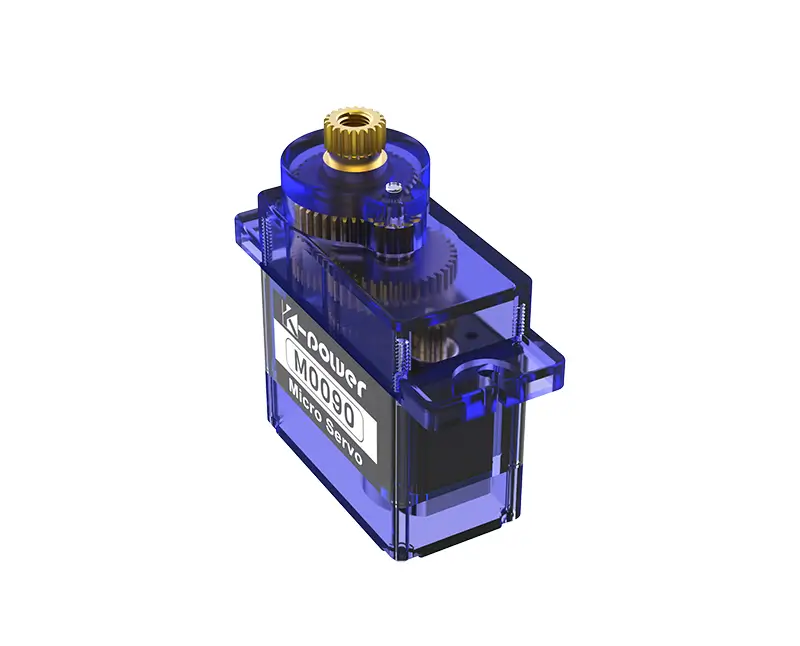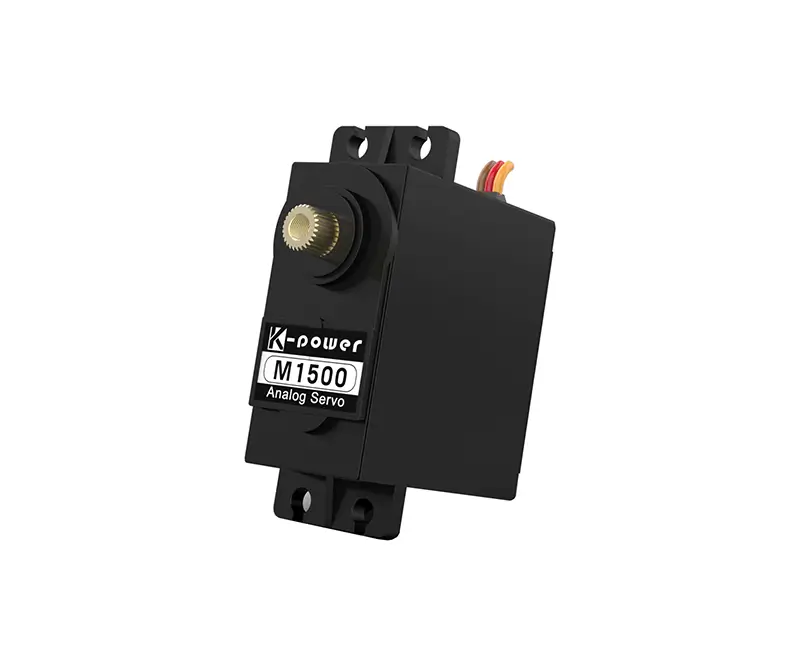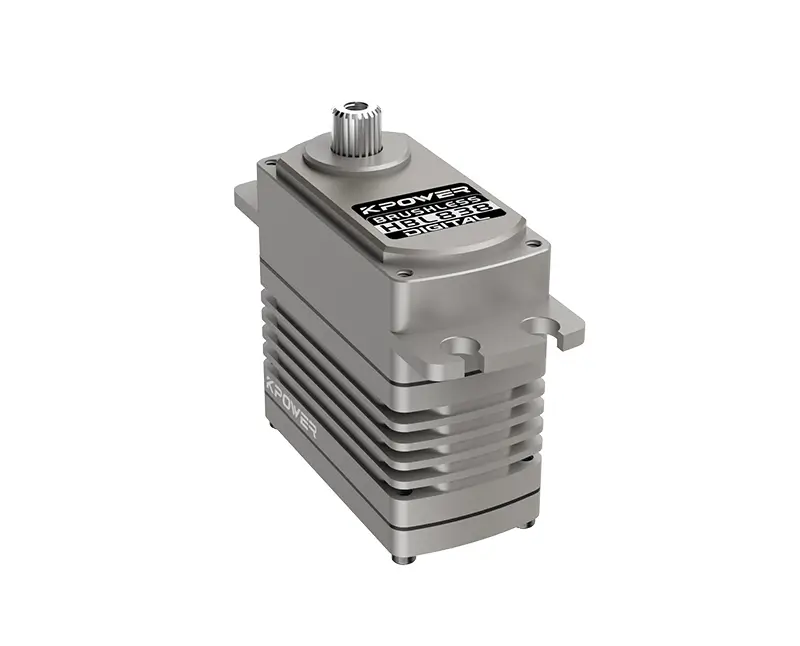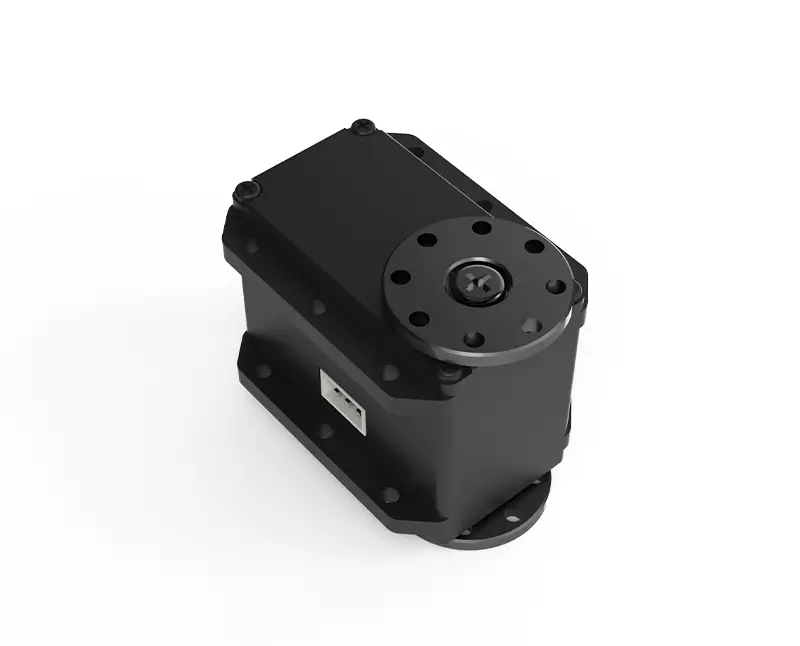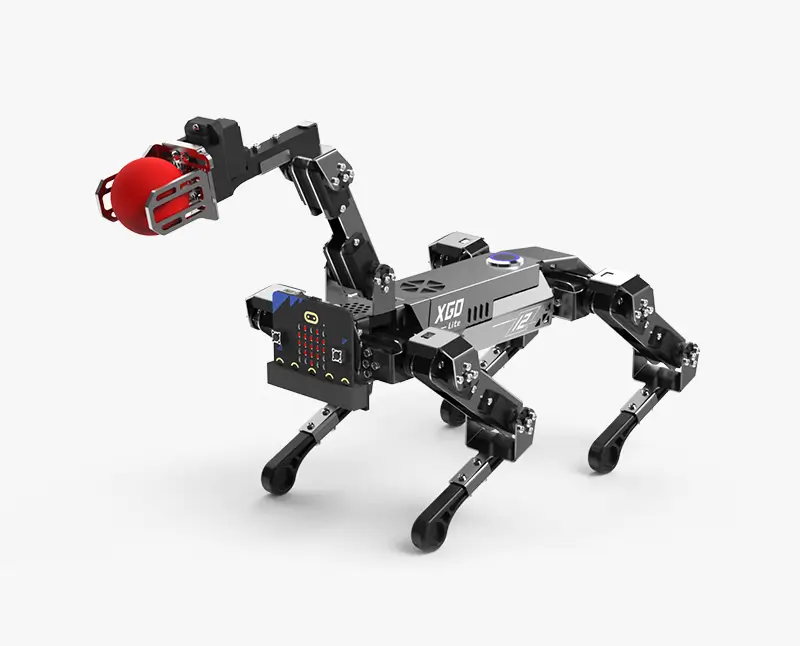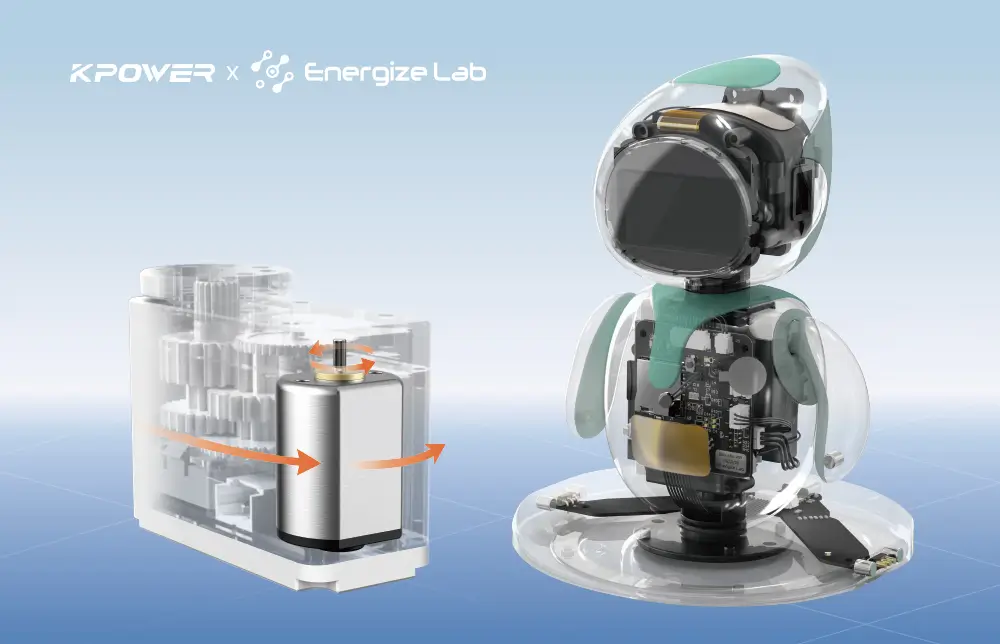Understanding Servo Motors: What You Need to Know Before Buying
If you’re reading this, chances are you’re on the hunt for a servo motor—a critical component in robotics, automation, and countless DIY projects. But before diving into where to buy one, let’s first unpack what a servo motor is, why it’s essential, and how to choose the right one for your needs.
.webp)
What Is a Servo Motor?
A servo motor is a rotary or linear actuator that allows for precise control of angular or linear position, velocity, and acceleration. Unlike standard motors, servo motors incorporate feedback mechanisms (like encoders or potentiometers) to ensure accurate movement. This makes them indispensable in applications requiring precision—think robotic arms, CNC machines, drones, or even advanced camera stabilization systems.
Why Servo Motors Matter
From industrial automation to hobbyist projects, servo motors are the backbone of motion control. Their ability to maintain speed under varying loads and deliver exact positioning makes them ideal for tasks where accuracy is non-negotiable. Whether you’re building a robot, automating a home system, or upgrading manufacturing equipment, the right servo motor can make or break your project.
Key Factors to Consider Before Buying
Before clicking “Add to Cart,” ask yourself these critical questions:
Torque Requirements: How much rotational force does your application need? Servo motors are rated by torque (measured in oz-in or Nm). Underestimating torque can lead to motor burnout, while overestimating wastes money. Speed and Precision: Do you need high-speed operation or ultra-fine positioning? Higher-end servos offer faster response times and better resolution. Size and Weight: Will the motor fit into your design? Compact projects demand smaller motors, while industrial setups may prioritize power over size. Environment: Will the motor operate in extreme temperatures, dust, or moisture? Opt for models with IP ratings for durability. Voltage and Power Supply: Match the motor’s voltage requirements to your power source. Budget: Servo motors range from $10 hobbyist models to $1,000+ industrial-grade units. Define your budget early to narrow options.
Types of Servo Motors
Standard Analog Servos: Affordable and widely used in RC cars, drones, and small robotics. Digital Servos: Faster response and higher torque, ideal for advanced robotics. Industrial Servos: Built for heavy-duty applications like CNC machines and conveyor systems. Brushless Servo Motors: Offer higher efficiency and longevity, perfect for high-performance needs.
Understanding these basics ensures you’ll shop with confidence. Now, let’s explore where to find the perfect servo motor for your project.
Where to Buy Servo Motors: Top Retailers, Marketplaces, and Pro Tips
Now that you know what to look for, it’s time to answer the big question: Where can I buy a servo motor? The good news? You have plenty of options—both online and offline. Let’s break down the best places to shop, along with insider tips to avoid pitfalls.
1. Online Marketplaces: Convenience at Your Fingertips
Online platforms are a go-to for servo motor shoppers, offering competitive prices, reviews, and fast shipping.
Amazon: A one-stop shop for everything from budget-friendly servos (like TowerPro SG90) to premium brands (Futaba, Hitec). Use filters to sort by torque, voltage, and customer ratings. eBay: Great for finding rare, discontinued, or bulk-purchase motors. Verify seller ratings and return policies. AliExpress: Offers ultra-low prices, especially for generic models. Be prepared for longer shipping times.
Pro Tip: Check for “Amazon’s Choice” or “Top Brand” badges to quickly identify reliable products.
2. Specialized Electronics Retailers
For higher-quality components and expert advice, turn to niche retailers:
Adafruit: Perfect for makers and hobbyists, with detailed tutorials and curated servo selections. SparkFun: Offers Arduino-compatible servos and open-source resources. Digi-Key Electronics: A treasure trove for industrial-grade motors, with advanced search filters for specs.
3. Industrial Suppliers
If you need heavy-duty servos for manufacturing or automation, these suppliers deliver:
Grainger: Stocks brands like Allen-Bradley and Siemens, with bulk pricing for businesses. AutomationDirect: Specializes in PLCs and servo systems, complete with technical support. MSC Industrial Supply: Offers next-day shipping on industrial servos and accessories.
4. Local Electronics Stores
Don’t overlook brick-and-mortar stores for urgent needs:
Micro Center: A haven for DIY enthusiasts, with in-store pickup options. Fry’s Electronics: While many locations have closed, remaining stores stock servo motors. Hobby Shops: RC hobby stores often carry analog servos for cars, planes, and drones.
5. Direct from Manufacturers
For custom requirements or large orders, buying direct can save costs:
Siemens: Global leader in industrial servo systems. Yaskawa: Renowned for high-performance motors in robotics. Kollmorgen: Offers tailored solutions for aerospace and medical industries.
Expert Tips for a Smart Purchase
Compare Prices: Use tools like Google Shopping to check rates across retailers. Read Reviews: Look for feedback on noise levels, durability, and accuracy. Warranty Matters: Opt for motors with at least a 1-year warranty. Test Compatibility: Ensure the servo works with your controller (e.g., Arduino, Raspberry Pi). Ask for Support: Reputable sellers provide technical assistance pre- and post-purchase.
Final Thoughts
Whether you’re a hobbyist tinkering in your garage or an engineer optimizing a production line, the right servo motor is out there. By understanding your needs and knowing where to look, you’ll save time, money, and frustration. Ready to take the next step? Start exploring the retailers above—your perfect servo motor awaits!
This guide equips you with the knowledge to navigate the servo motor market like a pro. Happy building! 🛠️


































.webp)
